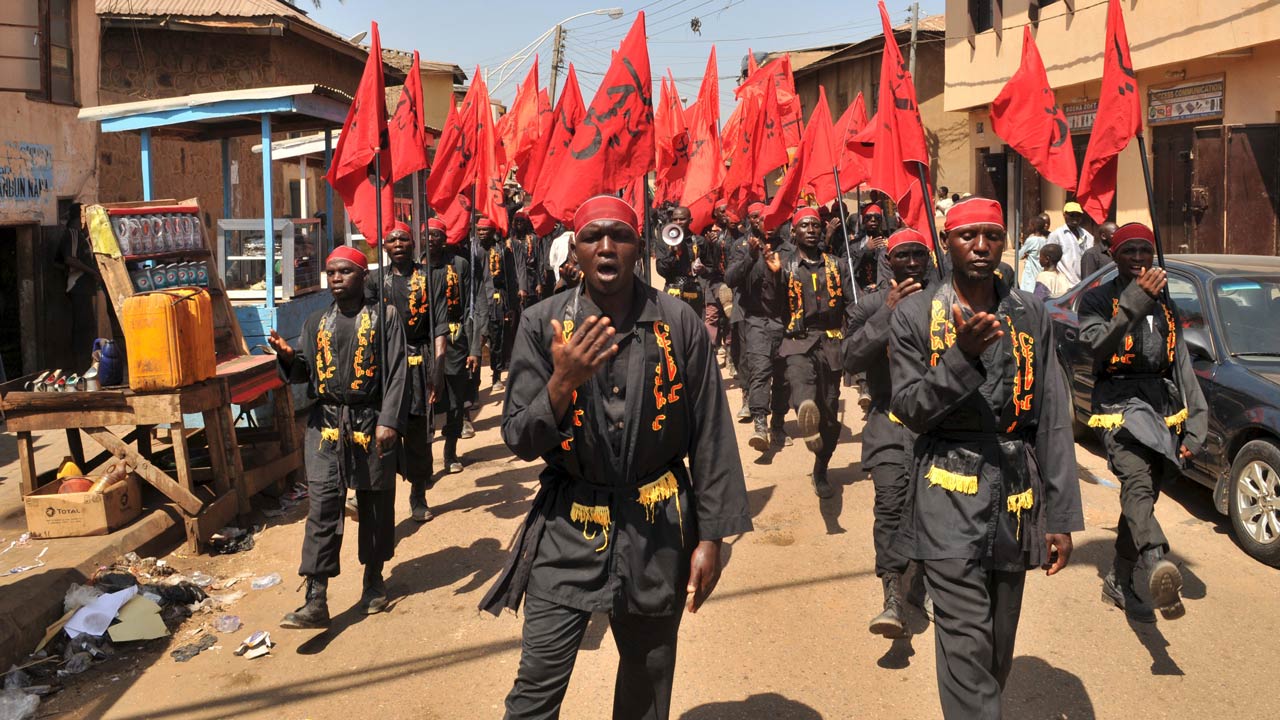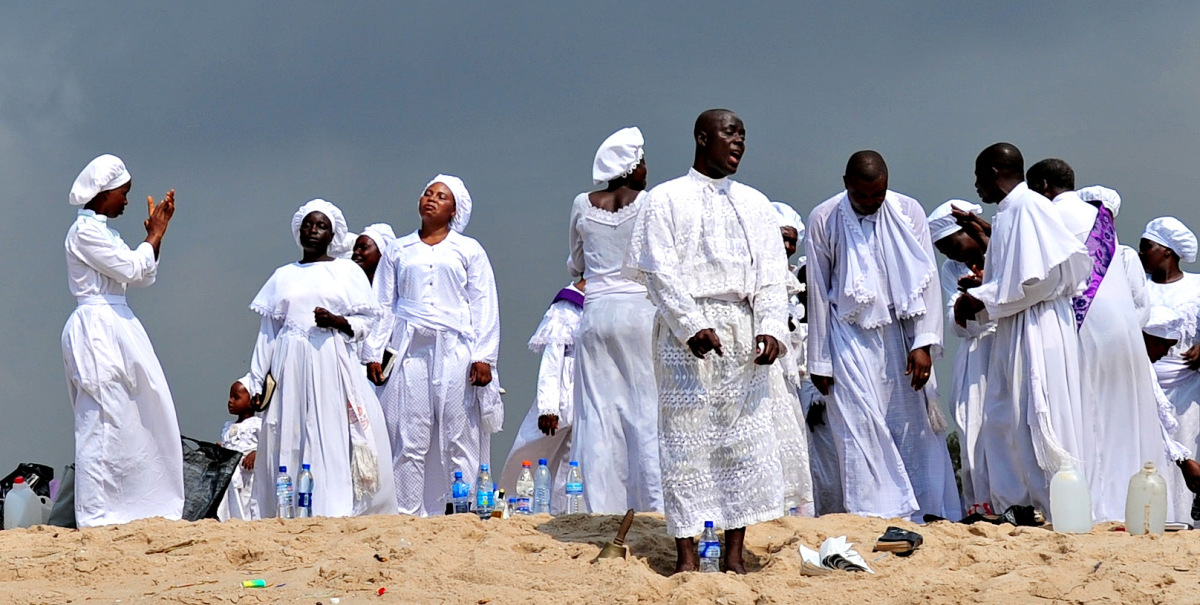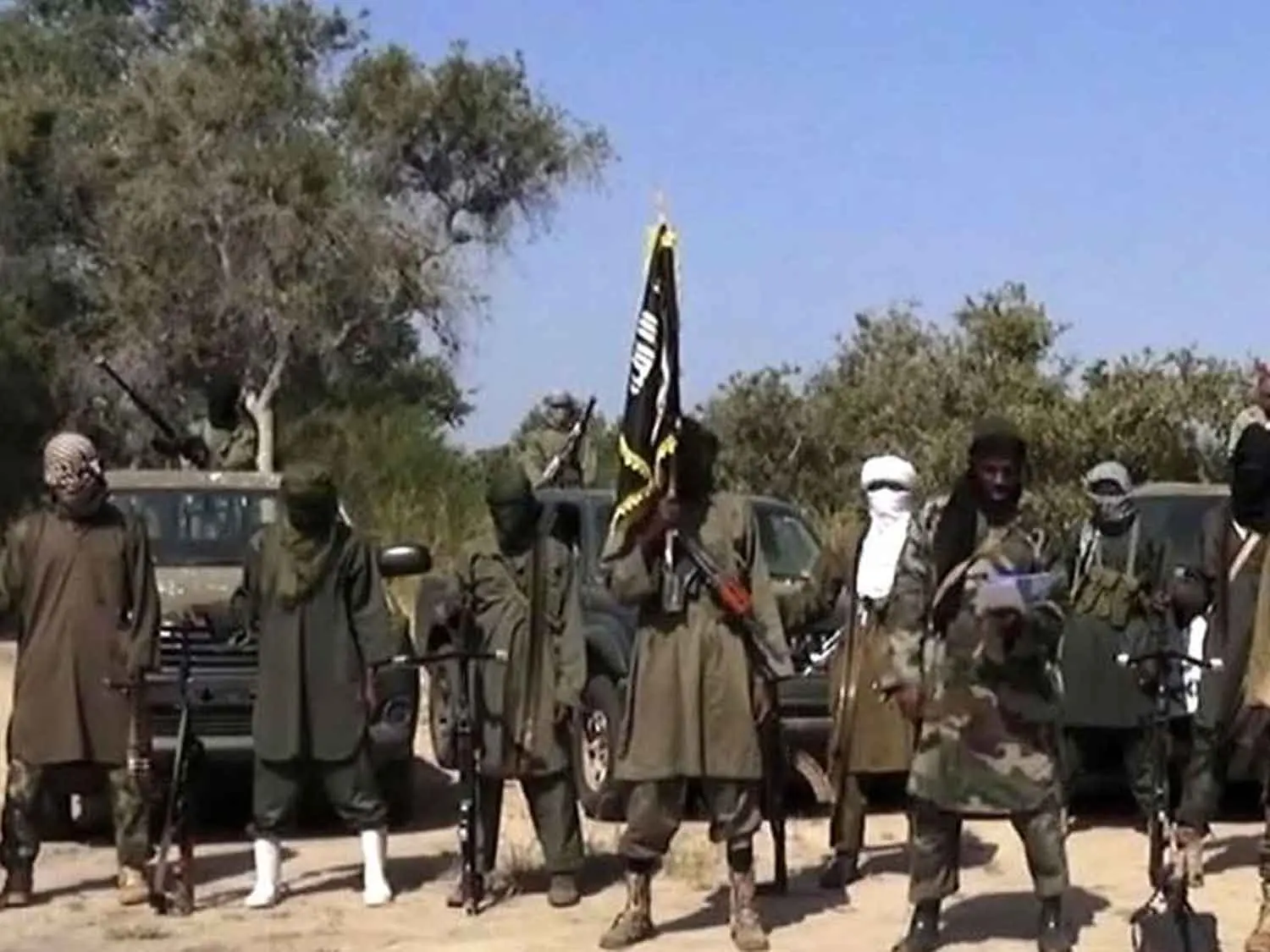
Introduction:
Nigeria is a multi-religious country with the majority of the population practicing either Christianity or Islam. However, before the introduction of these foreign religions, indigenous religious practices were prevalent in different parts of the country. The period between 1950 and present day witnessed significant changes in religious practices in Nigeria. This paper seeks to expatiate on two religious uprisings in Nigeria during this period.
Religious Uprisings in Nigeria:
The Aladura Movement:
The Aladura movement was a religious uprising in Nigeria that started in the 1940s and gained prominence in the 1950s. The movement emerged from the Pentecostal and Evangelical Christian communities in Nigeria, which were influenced by the healing ministry of Wlliam Wadé Harris, a Liberian Christian who visited Nigeria in the early 20th century. The Aladura movement emphasized prayer, healing, and the casting out of demons.
The term "Aladura" means "praying people" in the Yoruba language, and the movement was largely based in southwestern Nigeria. The Aladura movement rejected the mainstream Christian churches, which they viewed as too formal and lacking in spiritual power. The movement was characterized by spontaneous worship, exorcisms, and healing services. The Aladura movement also emphasized the use of African cultural practices and languages in worship, as opposed to the European languages used by the mainstream Christian churches.
One of the most prominent leaders of the Aladura movement was Josiah Olunowo Oshitelu, who founded the Eternal Sacred Order of the Cherubim and Seraphim in 1925. This church became one of the largest and most influential churches in Nigeria, with millions of members worldwide. Other notable Aladura churches include the Celestial Church of Christ and the Christ Apostolic Church.
The Boko Haram Insurgency:
The Boko Haram insurgency is a religious uprising in Nigeria that began in 2009. The group, whose name means "Western education is forbidden" in the Hausa language, seeks to establish an Islamic state in Nigeria and impose strict Sharia law. The group is based in northeastern Nigeria, where poverty, corruption, and a lack of government services have fueled grievances among the population.
Boko Haram has been responsible for numerous attacks on civilians, government institutions, and security forces. The group has also carried out kidnappings, including the abduction of over 200 schoolgirls from Chibok in 2014. The group has been designated a terrorist organization by the Nigerian government and the international community.
The Boko Haram insurgency has had a significant impact on Nigeria, both in terms of human suffering and economic damage. The Nigerian government has launched several military campaigns against the group, with varying degrees of success. However, the group remains active, and its ideology continues to attract followers.
Conclusion:
Religious uprisings have had a significant impact on Nigeria's history and continue to shape the country's social and political landscape. The Aladura movement represented a rejection of European Christian practices and an embrace of African cultural traditions. The Boko Haram insurgency, on the other hand, represents a radical and violent interpretation of Islam. Both movements highlight the diversity of religious practices in Nigeria and the complex relationship between religion and politics in the country.


There is reasonable evidence that this article is machine-generated. Posting such content is considered fraud.
Fraud is discouraged by the community and may result in the account being Blacklisted.
Guide: Why and How People Abuse and Defraud
If you believe this comment is in error, please contact us in #appeals in Discord.